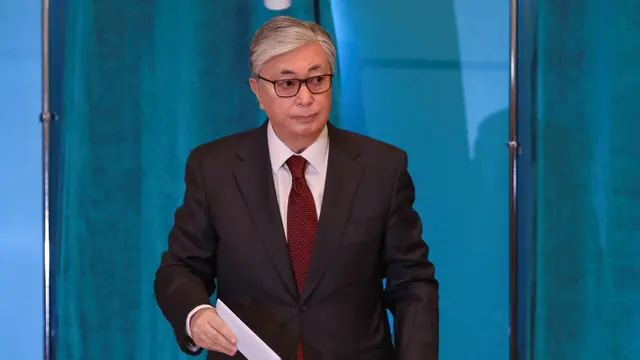(THE STRAIT TIMES)Thousands of politicians began trooping to election offices across the Philippines yesterday, kicking off a rambunctious seven-month campaign season.
In all, more than 18,000 national and local positions - from president to councillors - are up for grabs. Some 56 million Filipinos are expected to cast their votes come May 9 next year.
Leading the pack are those aspiring to become the nation's 16th president.
In his speeches, Mr Mar Roxas (above) recalls younger brother Gerardo Roxas Jr, a congressman who died of cancer in 1993.
Vice-President Jejomar Binay, 72, was first out of the gate. He went to the head office of the Commission on Elections (Comelec) in Manila with his running mate, Senator Gregorio Honasan, 67.
Mr Honasan is a former decorated soldier who led a coup in 1987 that nearly toppled Mrs Cory Aquino's fledgling government. He became a senator in 1995 after receiving a pardon in 1992 from then-President Fidel Ramos, a former military general.
More than a dozen, mostly minor, candidates also filed papers to run for president.
Among them are twice-disqualified bet Elly Pamatong, leader of a group of right-wing, anti-Chinese fanatics linked to a foiled plot last year to bomb Manila's main airport and the Chinese embassy in Manila.
Mr Pamatong burned a Chinese flag outside Comelec's office after filing his papers.
The other serious contenders are expected to formalise their run before the Comelec's Friday deadline.
Among the other notable candidates expected to file their COCs this week are Senator Ferdinand Marcos Jr, son and namesake of the late dictator who ruled the Philippines for 21 years; former president Gloria Arroyo, who is seeking a third term as congressman; and, eight-division boxing champion Manny Pacquiao, who is vying for a Senate seat.
Yesterday, Mr Aquino's ruling coalition unveiled its 12 candidates for the Senate - a mix of Senate veterans, congressmen and former Cabinet members.
Elections in the Philippines are often blighted by allegations of widespread cheating.
Mrs Arroyo is facing charges that she rigged the 2004 election to beat the favourite, late movie icon Fernando Poe Jr, Ms Poe's father. She was recorded calling a senior election official, allegedly telling him to pad her votes by one million.
This year, questions have been raised regarding the reliability of vote-counting machines that will be used in the next election, with some quarters claiming they are prone to manipulation.
Elections have also been violent affairs. In the country's worst election-related violence, 58 people, more than half of them journalists, were murdered in 2009. They were allegedly killed by thugs hired by a warlord family to stop a rival registering his candidacy for provincial governor in southern Philippines.
But De La Salle University political science professor Richard Javad Heydarian said "the Philippines has come a long way since the horrors of the 2004 elections".
"The past two elections - 2010 and 2013 - have been far from perfect, but they have represented a qualitative leap in our ability to hold broadly legitimate and fair elections," he said.
"Warlordism, electoral irregularities, vote-buying and disenfranchisement won't easily go away, but they haven't been as decisive in shaping our recent electrical outcomes as before."
 简体中文
简体中文

